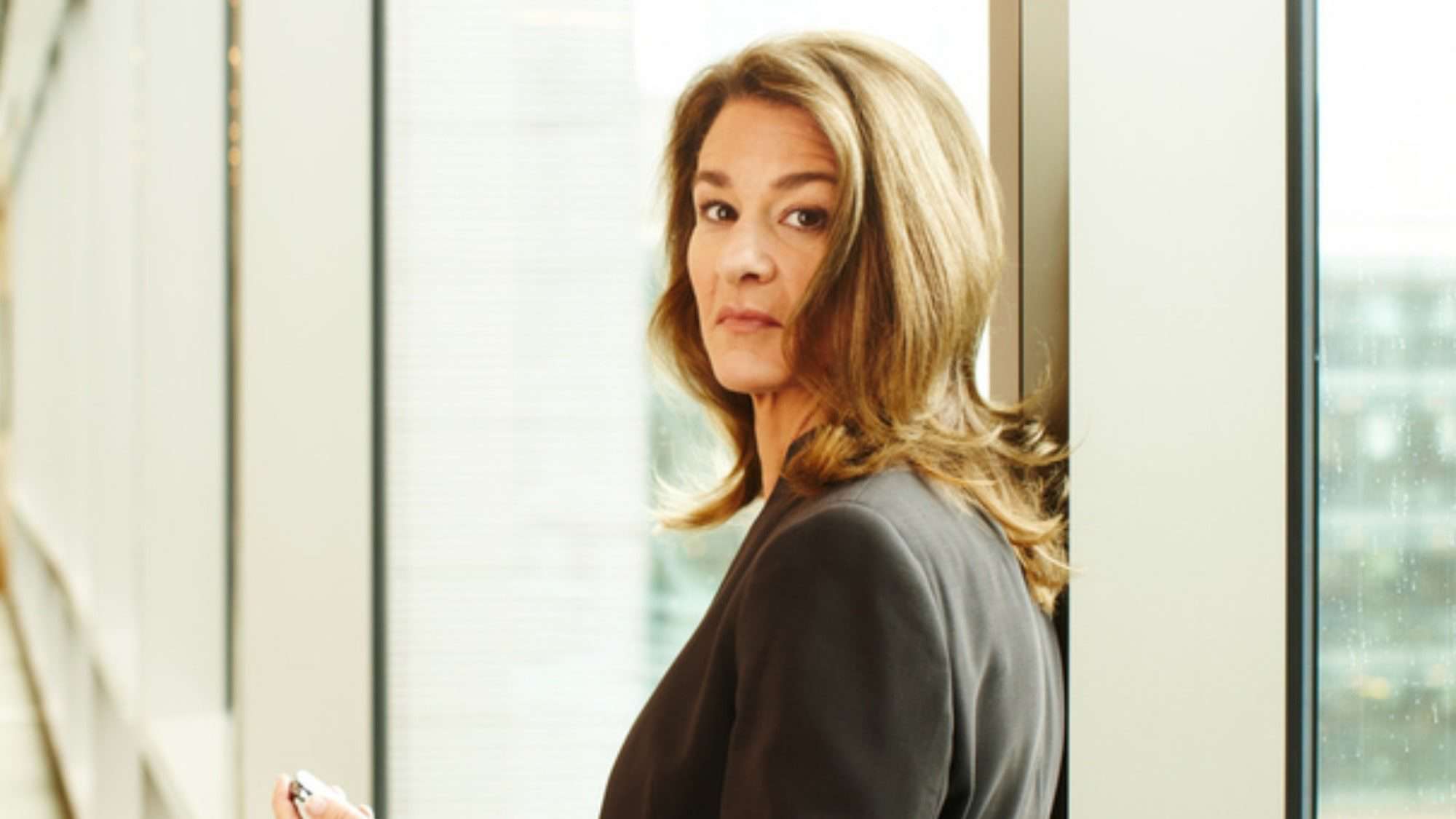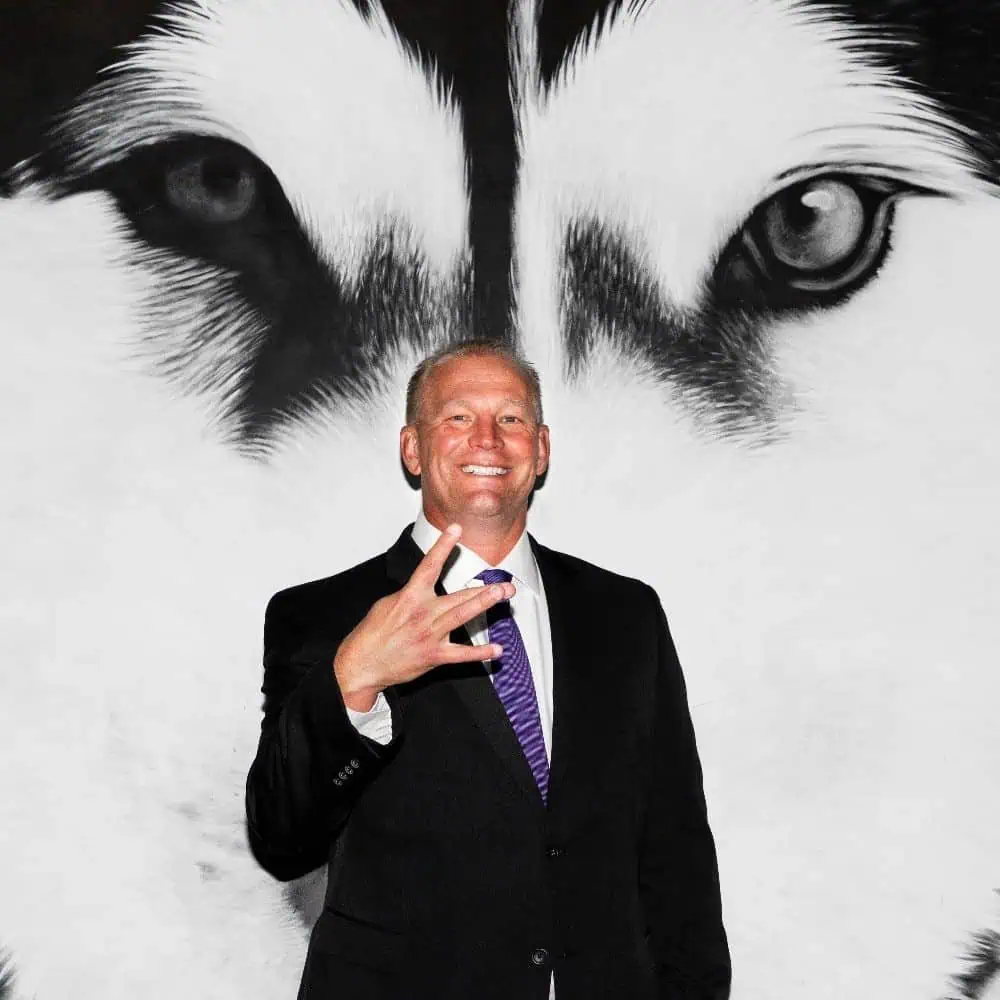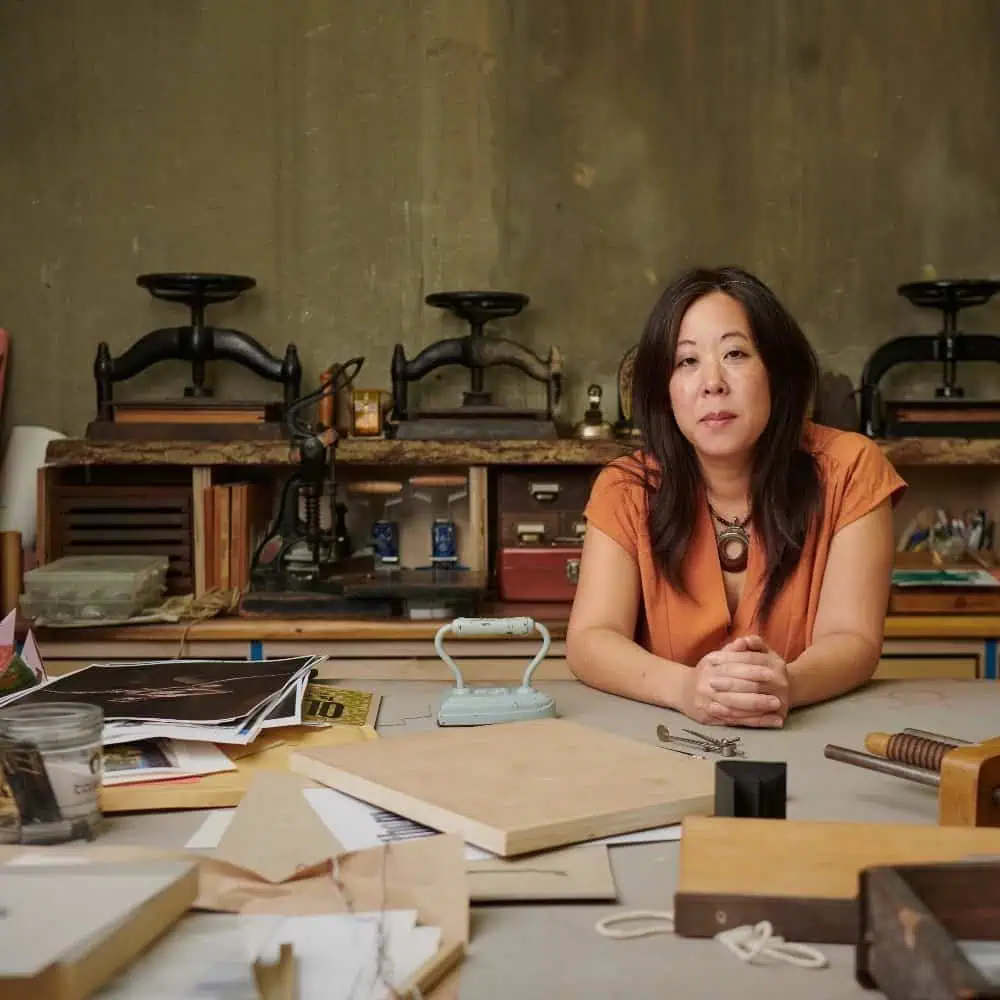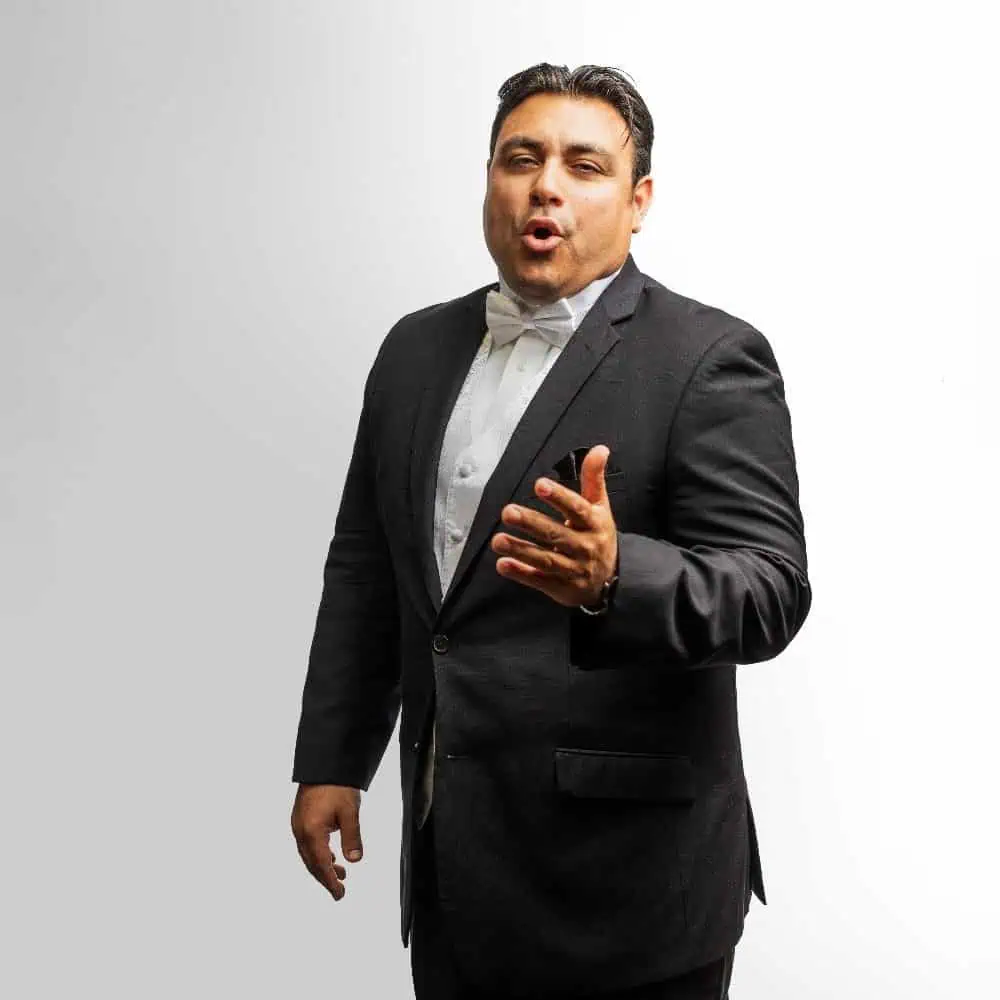Most Influential
Most Influential, Philanthropy: Melinda French Gates
Founder of Pivotal Ventures, co-chair of the Bill & Melinda Gates Foundation
By Rob Smith January 9, 2024

This article originally appeared in the January/February 2024 issue of Seattle magazine.
Melinda Gates is striking out on her own, navigating life as a newly single woman and engaging in her own company, Pivotal Ventures, as well as remaining co-chair of the Bill & Melinda Gates Foundation, which she and her ex-husband, Microsoft co-founder Bill Gates, launched in 2000.
Gates, who along with her husband was awarded the U.S. Presidential Medal of Freedom and the French Legion of Honour, was also recognized as one of the BBC’s 100 Women of 2021.
Closer to home, Gates last August — along with MacKenzie Scott — announced the creation of Elliott Bay Connections, a public-private sponsorship to revitalize parks along the Elliott Bay waterfront in Seattle. Elliott Bay Connections will fund the $45 million cost of construction, along with Expedia Group and The Diller-Von Furstenberg Family Foundation.
The nonprofit Friends of Seattle Waterfront will also receive $10 million in a challenge grant from the Bill & Melinda Gates Foundation, as well as an unrestricted $10 million grant from Scott, as part of a campaign to raise $200 million for the new waterfront park, which is set to fully open in 2025.
Q: You’ve been working on women’s and children’s issues around the world for years at the Gates Foundation. But you’re also working in the United States through Pivotal Ventures on getting more women elected to office. Why is that important to you?
A: The principles underlying my work at the foundation and Pivotal are the same. I believe in equity and opportunity. I’m focused especially on helping women run for and win public office because I want women to exercise power and influence in society, and elected officials are in a unique position to control resources, make decisions, and shape policies and perspectives. 2024 is going to be a critical year when it comes to whether our political system truly represents women or marginalizes them. Voters will get to decide.
Q: What do women who want to hold elected office tell you?
A: They tell me that they want to serve their communities and that they believe they have something important to contribute. They also tell me that running for office is hard for anyone, but especially for women, and it’s even harder for women of color. Only one in three state legislators is a woman, and at the federal level it’s closer to one in four. For women of color, the numbers are even more lopsided. There are 16 million Black women in America but only one in the U.S. Senate. Our government will only be truly democratic when our elected officials look more like their constituents.
Q: What are the major barriers to accomplishing this?
A: For one, there’s the fact that candidates can’t win unless they’re able to raise enough money, but they’re not able to raise enough money unless they’re able to convince donors they can win — and that can be an uphill battle for a woman candidate in a district that’s never elected someone who looks like her. There’s also the fact that women, and women of color in particular, face a shocking amount of harassment and violent threats. And then there’s the fact that legislatures are really difficult places to work, especially if you have a young family. But what makes me optimistic is that there are people with good ideas for solutions to all these problems. And that’s what I’m investing in.
Q: What are you most excited about in your current chapter of life?
A: On the professional side, I’m really lucky to work at two organizations where I get to do a lot of meaningful work on issues I care about. On the personal side, I welcomed my first grandchild this year! Her name is Leila, and I’m absolutely loving being her “nonna.” Meanwhile, my own three little babies have suddenly become adults. They’re forging their own paths, and it’s really exciting to watch. There’s no shortage of things I want to do, but over the years I’ve learned that it all starts with being present and grateful for the people I love most.
Q: How did the donation to Elliott Bay Connections project come about?
A: I’ve always loved Seattle’s natural beauty, and I love our public greenspace because it connects us to the outdoors and to each other. It turns out a lot of people feel the same way, so we started talking. This project brought together philanthropists, like MacKenzie Scott and Barry Diller, but also community leaders, like Mayor Harrell, Port of Seattle Commissioner Sam Cho, the Downtown Seattle Association, Friends of the Waterfront, and many tribal leaders. Getting to work with so many people who share a passion for our region has made the project extra rewarding.




